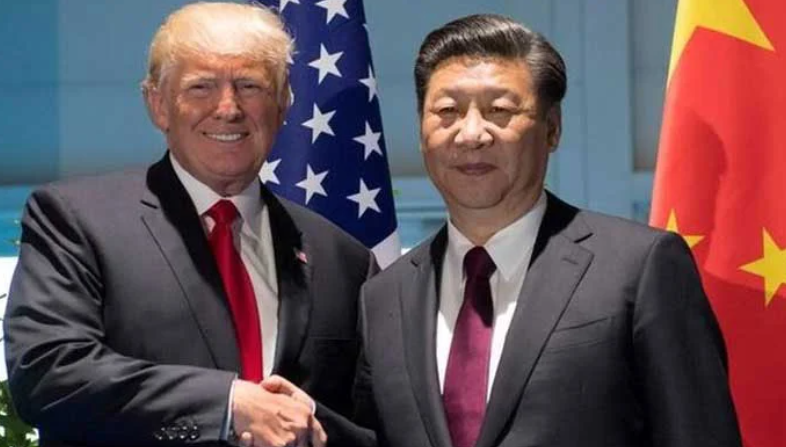Washington: US President Donald Trump has acknowledged that his proposed 100% tariff on Chinese imports is not sustainable in the long run, while maintaining that Beijing’s actions triggered the latest escalation in trade tensions.
Speaking in an interview with Fox Business Network aired on Friday, Trump said, “It’s not sustainable, but that’s what the number is. They forced me to do that.”
The president announced the new tariffs a week ago, alongside fresh export restrictions on critical software, set to take effect on November 1 — just days before previous tariff relief was due to expire.
The move came in response to China’s decision to expand export controls on rare earth elements, vital materials for global technology manufacturing in which China holds a dominant market position.
Trump confirmed that he will meet Chinese President Xi Jinping in two weeks in South Korea, expressing optimism about future relations. “I think we’re going to be fine with China, but we need a fair deal,” he said.
His softer tone and confirmation of a meeting helped ease early losses on Wall Street. Major US stock indexes, rattled in recent days by renewed tariff hikes and regional bank jitters, rebounded in afternoon trading.
US Treasury Secretary Scott Bessent said he had a “frank and detailed” discussion with Chinese Vice Premier He Lifeng on Friday evening and that both sides plan to meet in person next week.
Meanwhile, World Trade Organization (WTO) Director-General Ngozi Okonjo-Iweala urged both Washington and Beijing to de-escalate tensions, warning that a prolonged decoupling between the world’s two largest economies could shrink global output by up to 7%.
China’s Commerce Ministry, for its part, accused the US of undermining the multilateral trading system since Trump returned to office in 2025, and vowed to increase its use of WTO dispute mechanisms.
It also called on Washington to roll back policies that violate non-discrimination principles and align its industrial and security measures with WTO obligations.
Despite diplomatic gestures, tensions remain high as both sides prepare for the Trump–Xi meeting, which analysts say could shape the next phase of global economic relations.



